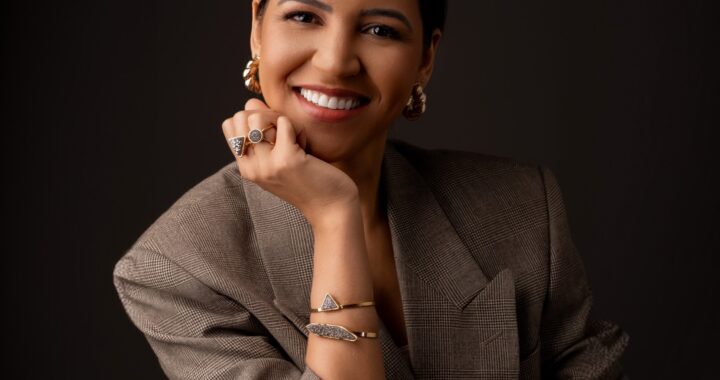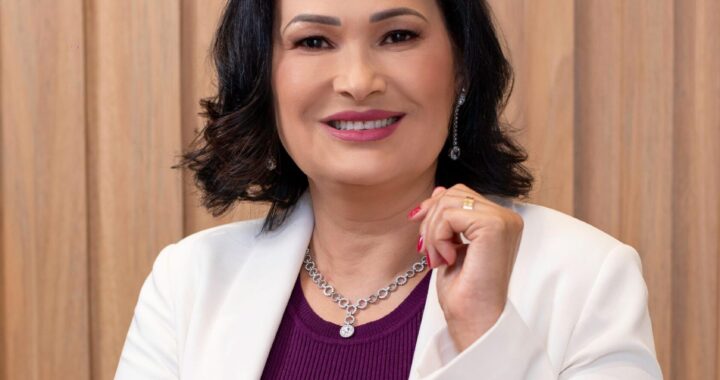We understand we ought ton’t compare our selves to what we see on social media marketing. Every thing, from poreless skin to your sunsets over clean coastlines, is modified and very carefully curated. But despite our very own much better judgement, we can’t assist experiencing jealous as soon as we see travelers on picturesque getaways and style influencers posing within perfectly structured storage rooms.
This compulsion determine all of our real resides resistant to the heavily filtered everyday lives we come across on social networking today extends to our connections. Twitter, Twitter and Instagram are littered with pictures of #couplegoals which make it simple to draw evaluations to the very own interactions and provide you impractical ideas of really love. In accordance with a survey from Match.com, 1 / 3rd of couples feel their unique union is actually inadequate after scrolling through snaps of seemingly-perfect partners plastered across social networking.
Oxford teacher and evolutionary anthropologist Dr. Anna Machin led the study of 2,000 Brits for Match.com. Among women and men interviewed, 36 per cent of partners and 33 % of singles stated they feel their particular relationships are unsuccessful of Instagram criteria. Twenty-nine per cent confessed to experiencing jealous of additional lovers on social networking, while 25percent accepted to contrasting their unique relationship to connections they see on the web. Despite understanding that social networking gift suggestions an idealized and often disingenuous image, an alarming amount of people can not help feeling afflicted by the images of “perfect” relationships observed on tv, movies and social networking feeds.
Unsurprisingly, more time folks in the review spent looking at happy couples on using the internet, the more envious they thought and also the much more adversely they viewed their very own relationships. Heavy social media consumers had been 5 times prone to feel force presenting an ideal image of one’s own using the internet, and happened to be twice as probably be disappointed along with their interactions than people that spent less time online.
“It is terrifying if the pressure to appear best causes Brits to feel they want to build an idealised image of themselves using the internet,” mentioned Match.com online upscale dating expert Kate Taylor. “actual really love isn’t really perfect â relationships will always have their unique downs and ups and everyone’s matchmaking journey is significantly diffent. It is critical to recall what we see on social media marketing simply a glimpse into somebody’s life and never the whole unfiltered image.”
The study had been conducted included in Match’s “Love without filtration” venture, an effort to winner a truthful view of the realm of internet dating and interactions. Over current weeks, Match.com features begun launching articles and holding occasions to combat misconceptions about dating and celebrate love that’s truthful, authentic and periodically messy.
After surveying thousands about the outcomes of social media on self-esteem and connections, Dr. Machin features these suggestions available: “Humans obviously contrast by themselves to each other exactly what we should instead bear in mind is the fact that your encounters of love and connections is unique to you and that’s why is real really love so unique therefore interesting to learn; there are no fixed regulations. Thus you will need to have a look at these images as what they are, aspirational, idealized opinions of an instant in a relationship which sit some way from real life of every day life.”
To learn more concerning this matchmaking service look for our complement British analysis.

 Dra. Aline Sara Miotti: Dedicação à Medicina e à Família.
Dra. Aline Sara Miotti: Dedicação à Medicina e à Família.  Odontonew: Cuidando do Sorriso dos Pequenos com Carinho e Dedicação.
Odontonew: Cuidando do Sorriso dos Pequenos com Carinho e Dedicação.  Belo Viver Clínica: Transformando Vidas com Medicina Integrativa.
Belo Viver Clínica: Transformando Vidas com Medicina Integrativa.  Transformando Sorrisos e Vida com Empatia e Excelência na Odontologia.
Transformando Sorrisos e Vida com Empatia e Excelência na Odontologia.  Saúde e Bem-Estar: Uma Jornada de Transformação.
Saúde e Bem-Estar: Uma Jornada de Transformação. 


